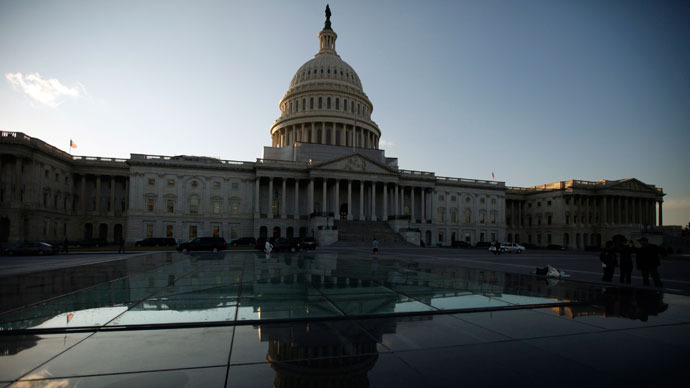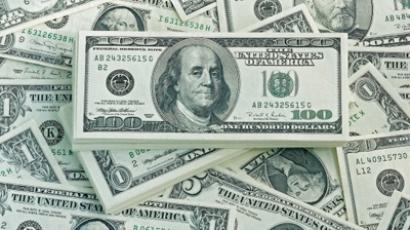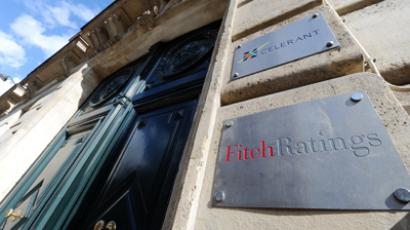House passes 'Pay China First' Act

The Republican-controlled United States House of Representatives approved a bill on Thursday that would require the government to begin paying back foreign nations before spending funds on domestic items.
House Resolution 807, The Full Faith and Credit Act, mandates rules to go into effect should Congress fail to raise the country’s borrowing limit and the debt ceiling is reached.
If signed into law, the bill would outline an order in which the US would be required to pay off its debts: first people on Social Security and holders of US bonds would be compensated, and then items like Medicare and military benefits would be dealt with.
Because the government would have to settle up its debt with bond holders first, foreign nations — particularly China — would be the first to receive payment in theory. Opponents of the bill has thus labeled HR 807 the “Pay China First Act,” a moniker that House Speaker John Boehner (R-Ohio) didn’t disagree with in an interview just days before it was passed.
“Those who have loaned us money, like in any other proceeding, if you will, court proceeding, the bondholders usually get paid first. Same thing here," Boehner told Bloomberg TV host Peter Cook on Tuesday.
"Our goal here is to get ourselves on a sustainable path from a fiscal standpoint," Boehner said. "I think doing a debt prioritization bill makes it clear to our bondholders that we’re going to meet our obligations."
But although a handful of Democrats in the House agreed to advance the bill, the largely left-leaning Senate is expected to shoot down the act when it arrives for discussion shortly. Additionally, the White House has warned that US President Barack Obama will veto the bill should it make it out of Congress and end up in the Oval Office.
In a statement issued earlier this week, the White House wrote that the administration opposes HR 807 because it would result in Congress refusing to pay some obligations it has already agreed to, instead prioritizing payments in a way that won’t favor the American people.
“American families do not get to choose which bills to pay and which ones not to pay, and the United States Congress cannot either without putting the Nation into default for the first time in its history,” the White House wrote. “This bill would threaten the full faith and credit of the United States, cost American jobs, hurt businesses of all sizes, and do damage to the economy.”
Both the White House and Senate democrats have condemned the bill because national security and veteran benefits would be put on the backburner in lieu of compensating China, who held roughly 8 percent of the money borrowed by the US government as of last September.
The House approved the act by a vote of 221-207. Congress has until around October to discuss how to pay the country’s bills — at which point it is expected to hit its borrowing limit.














